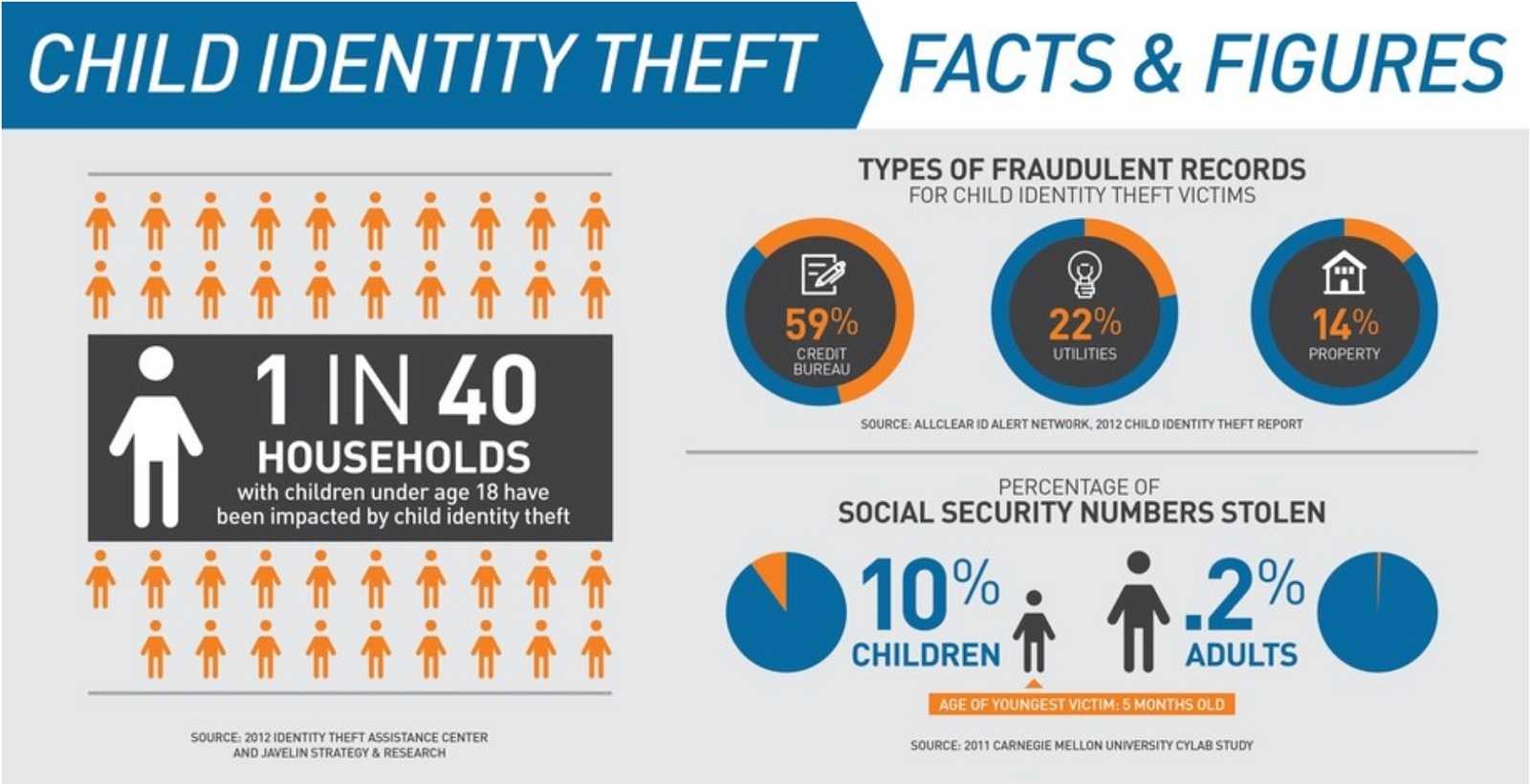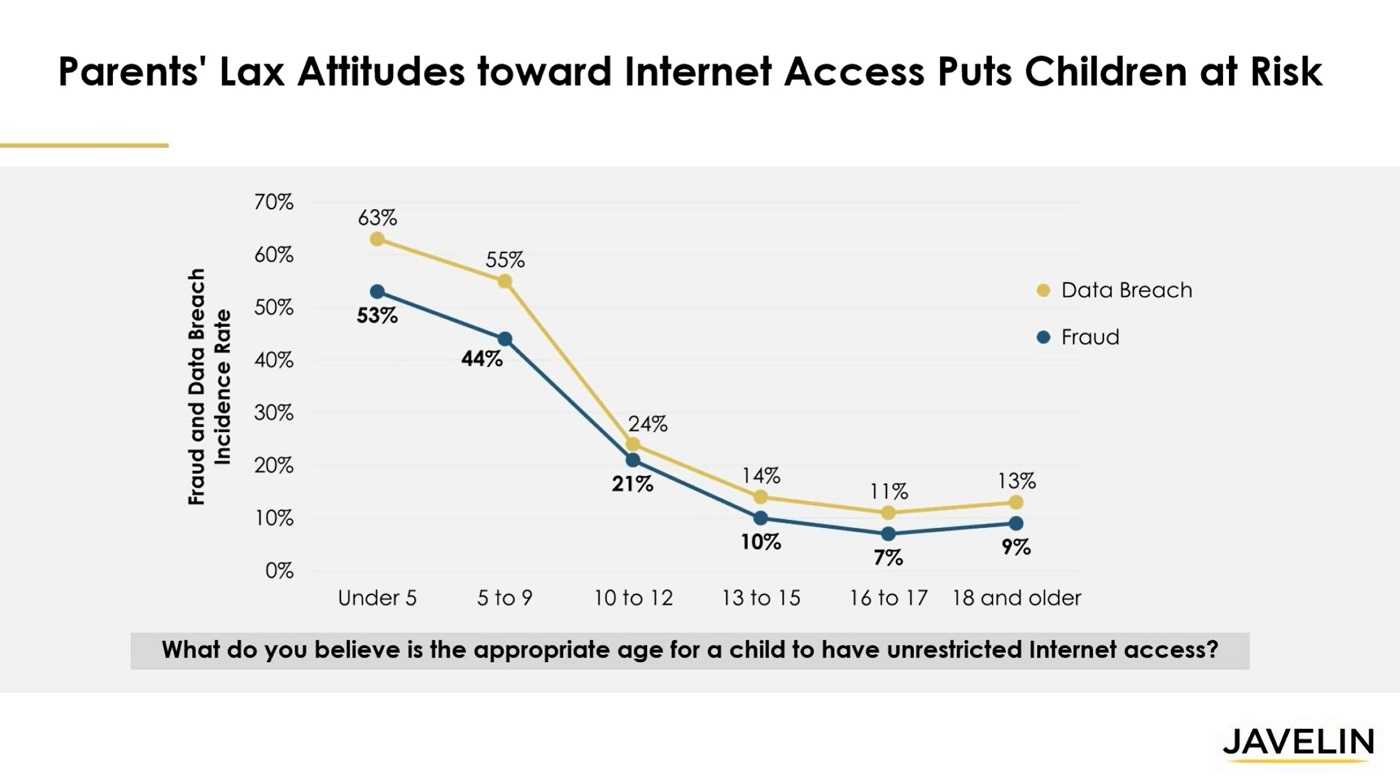In today’s tech world, parents are often the only obstacle standing between cybercriminals looking for an easy target and their child’s online safety. Mitigating your child’s online activities is something every parent should know how to do and do well. It’s also important for you to follow your own advice about exposing too much information about yourself and your children, especially on social media sites. Below are suggestions to help guide your child to better online safety. After all, parents are people too, and a little help could help a lot.
Identity Theft: Should you start receiving mail in your infant or older child’s name, there’s abundant reason for concern. It’s a sure sign their name, address, and more have been compromised. Getting mail from a bank or credit card in their name tells you their identity, and likely their Social Security number was stolen.

The Discussion: Have an age-appropriate discussion with your child about their online activity. Don’t scare them but have them understand how important their safety is to you. You need to be aware of any requests for their name and address, and they should tell you if something strange happens online that bothers them. It’s important to remember that listening can be as important as educating.
Parental Control: It’s a crucial part of online safety. In general, use all parental controls a device or service offers because the more oversight you have, the safer your kids will be. Set a password for downloading apps that only you know and therefore control. This includes requests for geo location and other personal information from a bad actor hiding as another game player or friend. In addition, limit the areas of your home where devices can and cannot be used, making sure they’re always within your sight.
Online Chat Rooms: Older kids can find these fun and intriguing to be a part of. This arena is prime for those with bad intentions hiding behind fake names and identities. Your child needs to tell you immediately if anyone wants to meet them in person. Online bullying and sexting can also be part of these chats, so tell your child if any hints of these scenarios begin, they should alert you immediately.

Device Security: Keep anti-virus solutions and apps updated and apply security patches as soon as available. As mundane as it sounds, doing so can keep malware from downloading on a device and protect your child from any security flaws putting them in harm’s way.
Since educating your children about the risks the internet holds has become a necessary part of today’s responsible parenting, parents who control and limit their child’s online movement are a step ahead of those who don’t. You just may sleep a bit better knowing your kids are cyber-smarter and safer online.